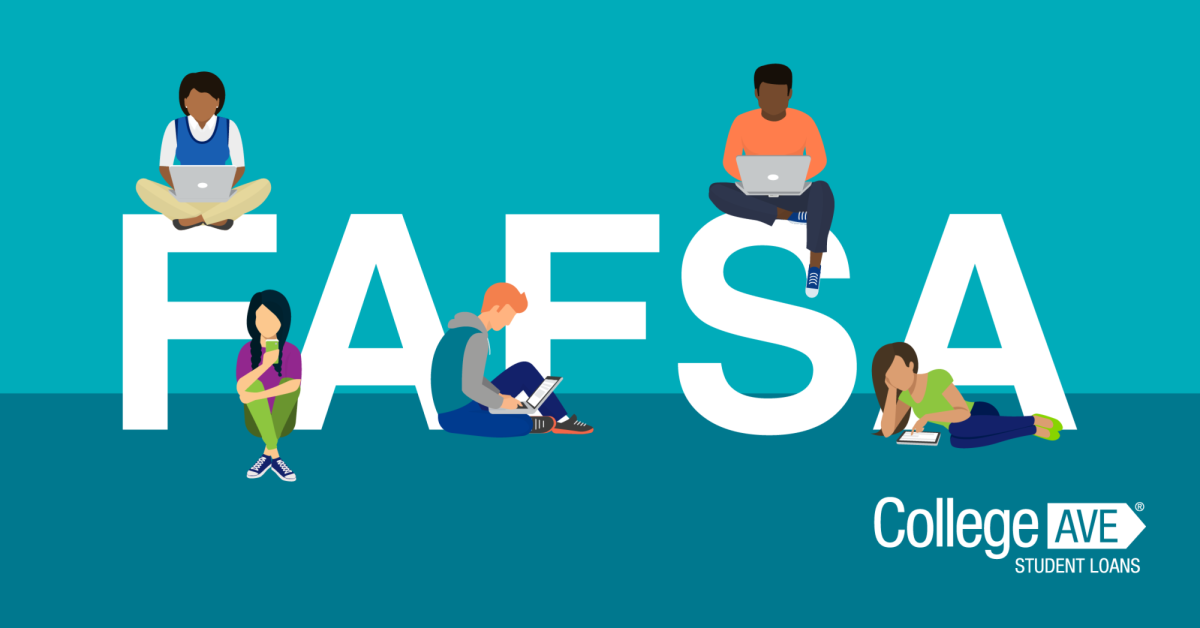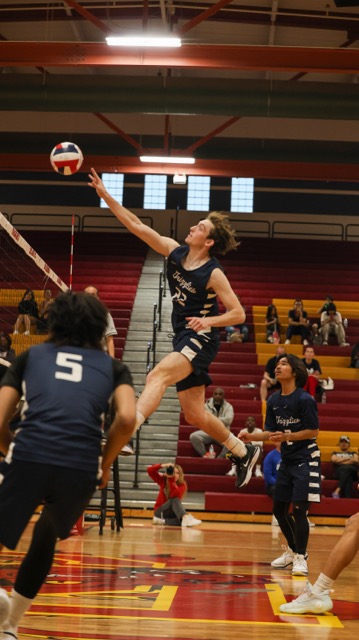The previously unused rule of student ineligibility due to leaving a magnet program has taken effect on campus in the wake of International Baccalaureate (IB) students leaving the program. The new rule was introduced at the end of summer, as a result of numerous IB program juniors and seniors quitting suddenly. The range of students who quit the program spanned both the Middle Years Program (MYP), as well as the Diploma Programme (DP). The abrupt departure of students from the IB program granted the administration to enact this rule regarding the playing of sports by individuals who dropped the program.
A major focus of many athletics organizations for high school students is that of academics, and with good reason. To ensure that student athletes remain productive but athletics, organizations such as the National Collegiate Athletic Association (NCAA) have quotas for student GPAs, as well as policies for magnet students. The minimum grade point for a high school athlete is a 2.0. The rule regarding magnet programs states that if a student in any high school grade level drops out of a magnet program, they will not be eligible to participate in athletics.
Some students on campus are regarding the rule as abrupt and confusing. Many were uninformed of the rule and did not expect to be ineligible, due to the fact that the rule was not previously stated as an effect of leaving the IB program. As the school is new to magnet and thus magnet dropouts, the rule has seemed to be unanticipated.
“It didn’t really make any sense because I live in the zone of Spring Valley, and I understand that there are rules, but I was confused because I didn’t leave the school, just the program,” Senior Tristan Gorst said. “I dropped IB because I wanted to focus more on classes that would be beneficial to my future. An example of this is World History because I consider myself fairly competent in that subject and re-learning would be a misuse of resources.”
Many people have taken the stance that the rule is being used as a punishment, rather than keeping schools from having power athletic teams by taking advantage of magnet programs. The original rule was created to limit schools from having overskilled teams compared to others in the district by having students join magnet programs and quit just to compete in athletics.
“I don’t think the rule is fair. I believe that someone should be able to decide which path they want to take in both academics and sports,” Senior Alijah Nelson said. “If someone decides that the IB program is no longer necessary for their path or no longer something they wish to continue, then they should have the option to quit and still play the sport they have dedicated so much time to.”
On an administrative level, the rule will continue to be enforced, and will most likely be seen by more with the growing population of students. The administration agrees and is ensuring that students abide by the rule in the future, as well as the viewpoint of a non-punishment on the students who do decide to leave.
“I believe that it is a valid rule since its across the district and I’m glad we’re trying to stay consistent across the board. I wouldn’t consider it a punishment for students, but there might be better ways of going about dealing with students who quit the magnet program,” IB Council President Zoe McCracken said.










